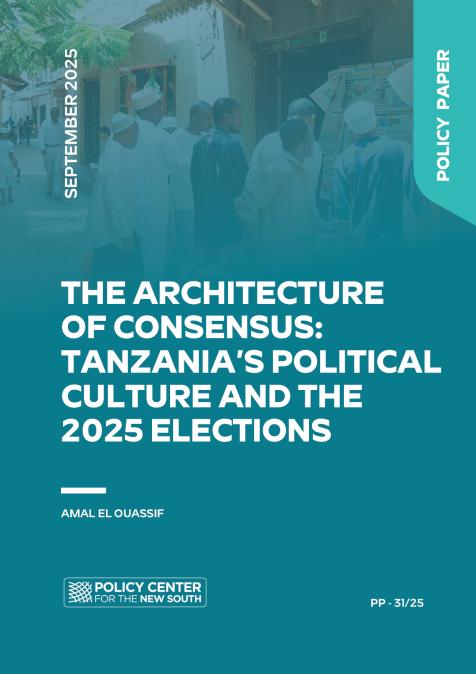Publications /
Policy Brief
In the field of health, important results have been achieved on the African continent as shown by recent data in terms of life expectancy and the availability of treatment for the major causes of morbidity. In spite of this, the recent episode of the Ebola epidemic, which required the mobilization of substantial human and financial resources, but above all international aid, shows that health systems remain vulnerable to major shocks. The current context of the Covid-19 pandemic points to the fact that many countries, particularly those on the African continent, do not seem to be prepared to absorb shocks of such magnitude. It is therefore necessary to see to what extent SDGs can be improved to take into account the pressing need to build the resilience of health systems. In this respect, Germany stands out in Europe and worldwide for its performance in managing the current Covid-19 pandemic. Within this framework, and based on data relating to the German health system, a number of proposals have been put forward for an SDG-3 that more explicitly targets the resilience of health systems across the countries of the African continent. Among other things, the aim is to increase per capita health expenditure to at least 10% of GDP per capita in the medium term, and to strengthen the ratio of hospital beds and health technicians per inhabitant by 2030. The African continent could also capitalize on the high penetration of mobile phones to resort to digital technology in order to close the gap in access to specialist medical consultations.










